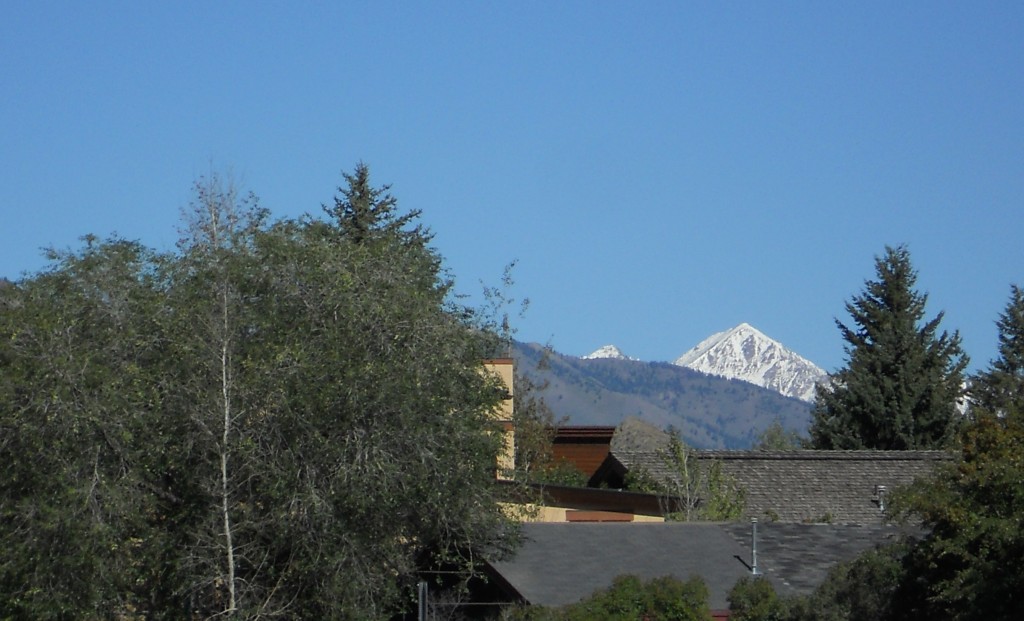
By Bob Hicks
Just a year ago, in this post about his reading adventures in 2009, Mr. Scatter confessed that he is a lousy keeper of lists, and therefore couldn’t report with any certainty on what he’d read in the previous twelve months. Some books, he was sure, had simply slipped in and out of his mind without leaving much of an impression. Others might have left a deep impression, but by the end of the year he couldn’t recall whether they’d made that impression in the previous calendar year or in, say, 1994.
If this seems odd, bear in mind that most of Mr. Scatter’s reading tends to be not from publishers’ current lists but from that great deep river of bookmaking that extends back through the centuries, constantly refreshing itself when anyone dips in. Books are like that. At some point they’re new, but after a certain point the good ones are simply current — or in the current. If someone reads, for instance, The Autobiography of Benvenuto Cellini for the first time in the year 2011, the experience throws that person into parallel universes: It is both 450 years old and current events. With that sort of time-traveling, no wonder Mr. Scatter gets a little scattered.
